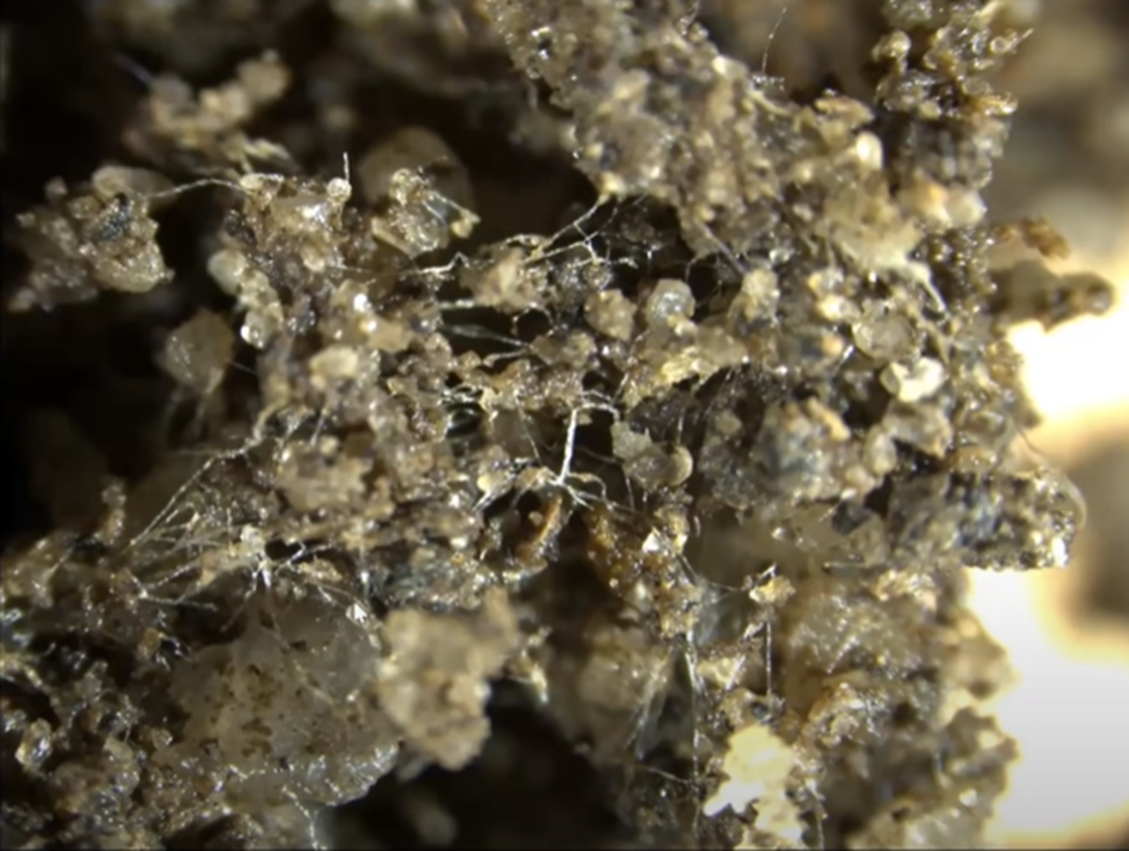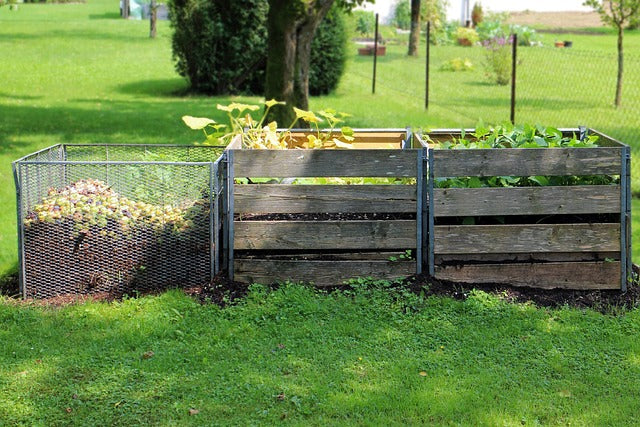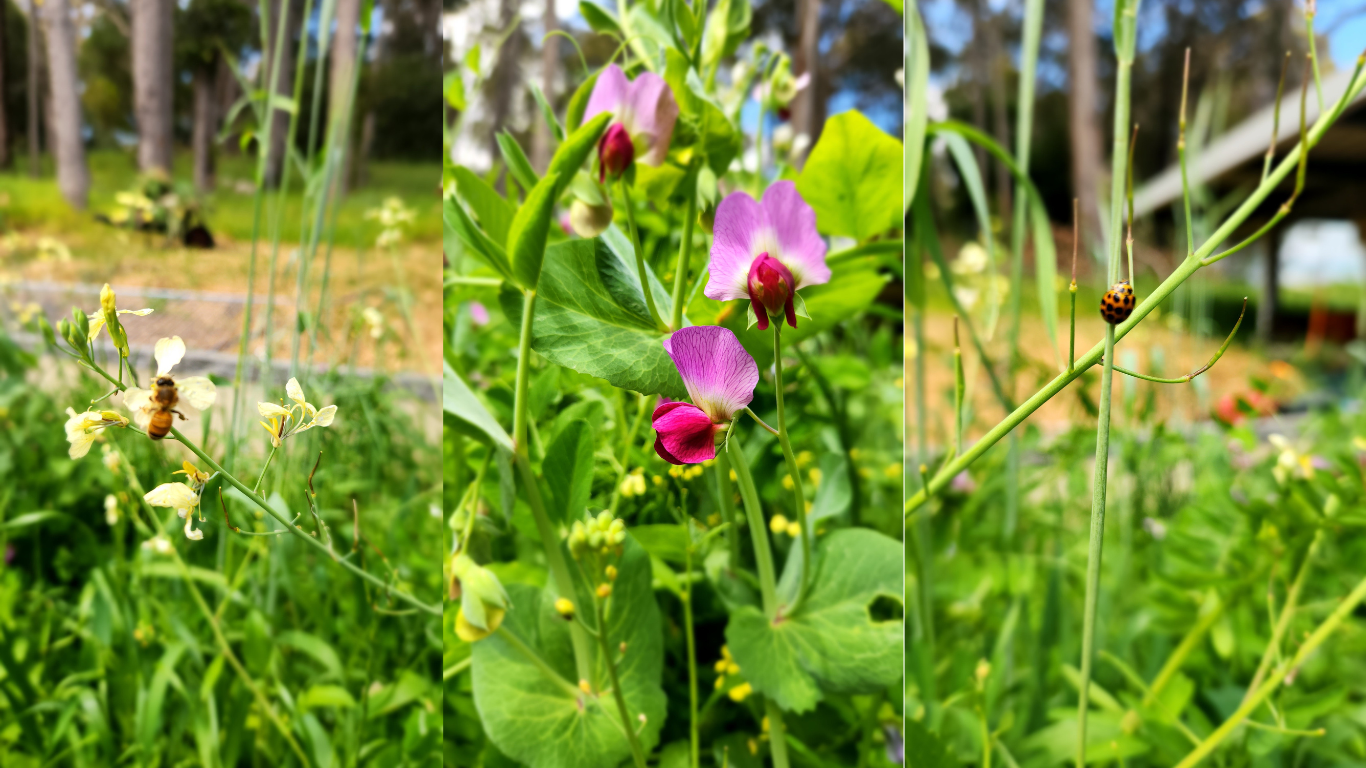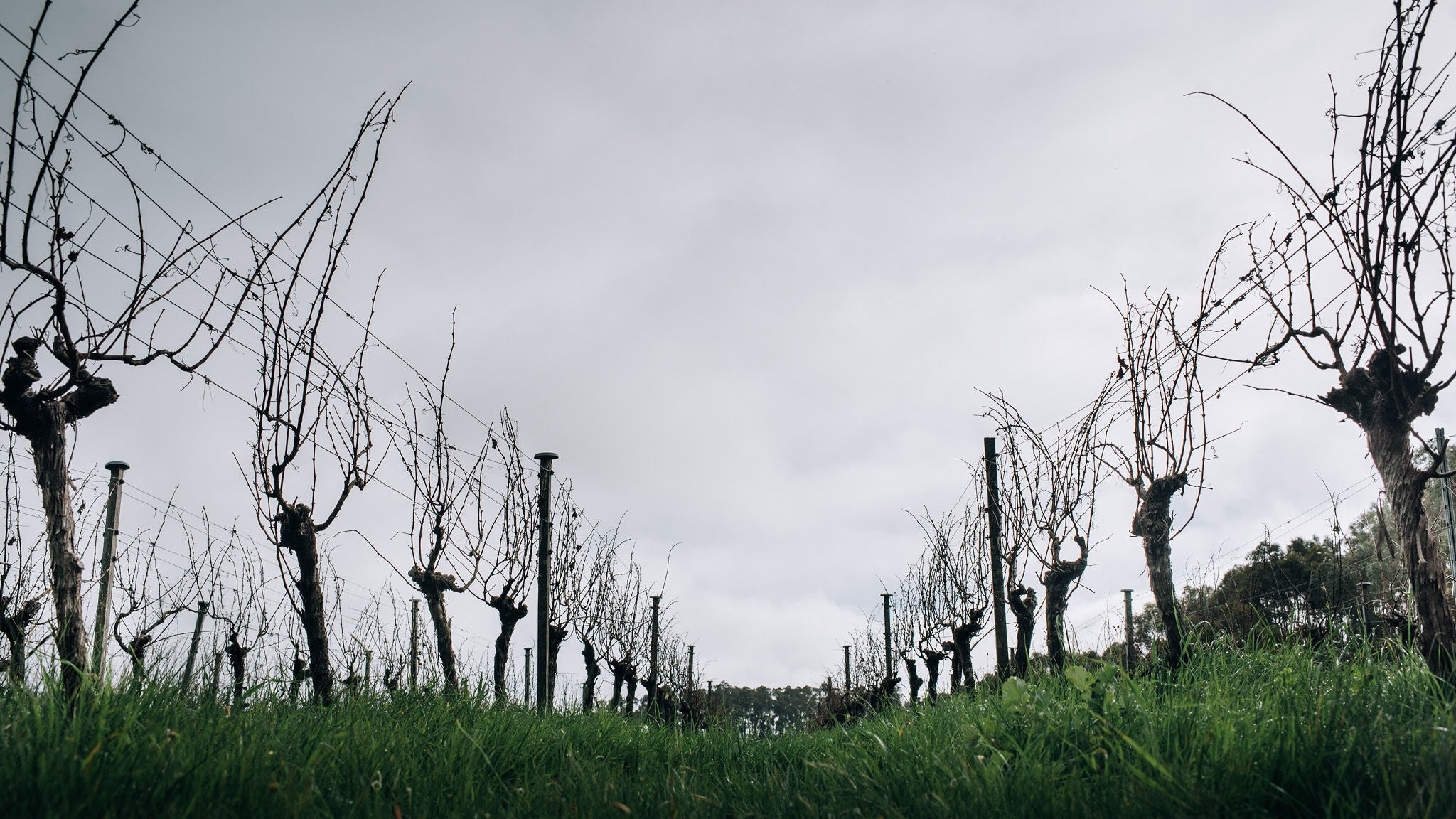Do you need to add microbes to your soil in your garden?
The importance of microbes for healthy soil! This is becoming a growing interest which has led to a lot of curiosity into how we can best nurture the natural communities of microbes already thriving in our soil.
Anthony Quinlan (B.Sc) has tested soils for over 25 years and continues to do so.
As he says "Learning never Ceases"
And the evolution of technology and the availability of the amazing biological laborites we work with combined with Anthony's understanding of the relationship between soil and plant nutrition has made it possible for him to design products for you that simply work.
Now back to it - put into my (Tini's) words as if they were Anthonys' words you may need an encyclopedia
So, here are some reasons as to why adding microbes to your soil might NOT always be necessary.
But let's first define what microbes/ microorganisms are. Well, it's a generic term used to encapture the wide range of microscopic life not visible to the naked eye.
These include things such as bacteria & fungi. They are communities and families just like you and I and therefore need to be nurtured to reproduce and evolve from generation to generation.
Did you know that each gram of soil contains anywhere from 100,000 to 1 million living microbes?
This bears the question then how do the microbes get into the soil in the first place? They are very small, and they are everywhere including on us. That said - they are transported and move from place to place via animals, humans, insects, air and water.
WHAT ABOUT IF YOU HAVE POOR SOIL ??
Many people think that having poor soil (sand, heavily compacted soil, extremely heavy clay etc) does not have a lot of microbes and therefore see value in adding more.
Poor soil indeed has fewer microbes both in type and quantity, so you may ask in such cases would it make sense to add more microbes?
Well, the answer is NO, because if you add microbes to poor soil and don't look at improving your soil quality, they won't thrive anyway.
Generally speaking. Most soils will already have most of the microbes in them. However they are heavily influenced by the amount of mineral and organic matter that is in those soils. Each situation will favour some microbes over the others, meaning some will proliferate and the others will hang back in the background and essentially will hibernate.
To change this. You want to improve the mineral density and balance of the soil and improve the organic matter status of the soil and then feed those microbes with various food groups like fats, proteins, carbohydrates and more. And that will diversify and encourage all the microbe groups to grow. Therefore, you'll have a lot more and they'll do a lot more for you.
A good analogy is that it's a lot like your gut microbiome. The balance of the microbes in your gut governs your physical health.
So, if you're eating a lot of Junk food regularly and a bad diet, you're going to have a poor balance of microbes in your gut, while if you improve your diet and eat a more diverse range of vegetables, proteins and predominantly no processed foods. Your gut microbiome balances itself.
That said, you're not adding microbes to your gut. They're already there. It's just the balance of them. The same goes for the soil.
But sometimes you will need to add them if the soil has been heavily treated with pesticides which can kill some microbes. Bit like an antibiotic for us and post-treatment we are recommended to take pro/prebiotics. Same goes for your soil the post-treatment for the soil to bring back microbes would be some excellent quality compost.
So the key here is to improve your soil first & ongoingly and as this process takes place your current microbes will be nourished and more microbes will come.
The secret is to provide the microbes you already have with a home they love. How do you do that? Feed them
When this is done properly your plants will grow and your soil will improve. Even the kinds of plants you grow will affect the types of microbes present. This is why it is good to rotate farmers rotate their crops....and this is why we also have a companion planting.
Microbes eat and digest other microbes as well as organic matter and their waste (poop) is nitrogen as well as many other critical nutrients, which is what makes a plant grow this is why when using chemical fertilisers you will always see a high content of Nitrogen in synthetic forms such as UREA, Ammonium Sulphate however this does NOT feed your microbes it just feeds your plant and instead it puts your microbes into dormancy.
Below is a link to our free eBOOK if you are interested
5 Critical Warning Signs Your Fertiliser Isn't Organic and How to Avoid Them
So what are great food sources for your soil to encourage healthy soil microbiology?
- Organic compost
- Organic mulches
- And of course, our range of certified organic bio-stimulants each offering a different type of food group to feed your little soil soldiers with love.
After all, they are just like us and need to be nurtured with healthy food to thrive.
With gratitude your Soil Dynamics Team





